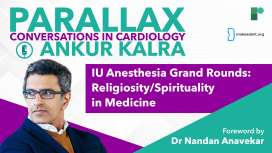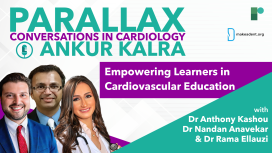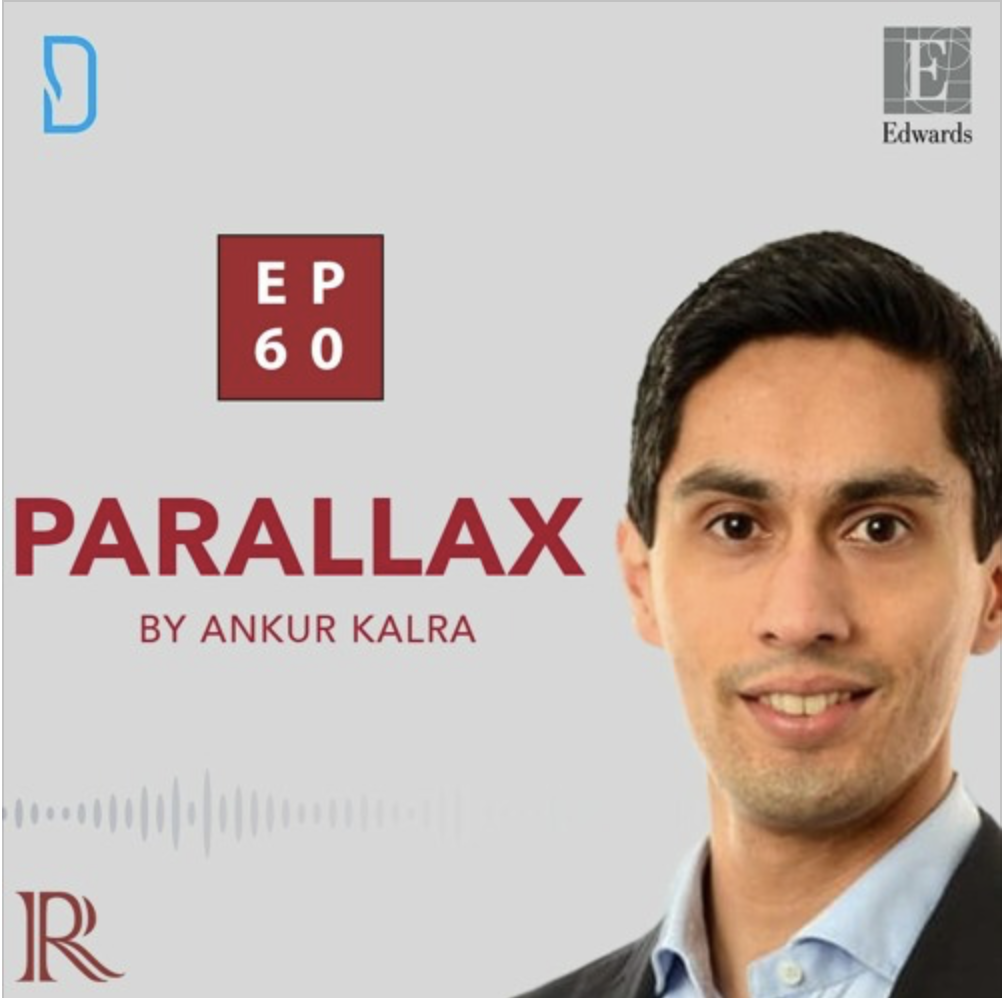
In the last Parallax episode of the year,Dr Ankur Kalra welcomed back Dr Sukh Nijjer, Interventional Cardiologist from Imperial College London, to review the most impactful events and advances in cardiology from 2021.
This year we had a number of studies that helped clarify our understanding of the world of antiplatelets: First, Ankur and Sukh discuss the take-home messages from HOST-EXAM, a Korean study presented at ACC 2021. They discuss their clinical experiences within the UK and US setting. Next, Sukh talks about the STOPDAPT-2 ACS study, presented at ESC 2021. Sukh interprets the findings in the light of TWILIGHTand summarises his thoughts on the therapy.
2021 was not a great year for physiology: Sukh shares his take on FLOWER-MI, presented at ACC 2021. He offers a deep dive into the data and highlights both the importance of the findings and the limitations of the study.
Next, they discuss RIPCORD 2 from ESC 2021 and finally, Sukh highlights the findings from the FAME 3 trial.
What is the importance of genotype testing in the world of antiplatelets? What are the considerations for clinicians? Should we stop using FFR? How can we incorporate novel findings to patient care? What are the practical considerations that we should take into account when looking at the physiology trials of 2021?
Stay tuned for Part 2 - heart failure and surgical trials coming in 2022.
Questions and comments can be sent to “podcast@radciffe-group.com” and may be answered by Ankur in the next episode. Guest @SukhNijjer, hosted by @AnkurKalraMD. Produced by @RadcliffeCARDIO.

Brought to you by Edwards: www.edwardstavr.com
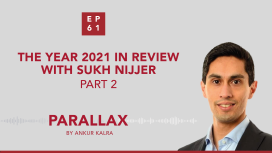



Tune in to discover the strategies that Dr. Kalra and Dr. Alasnag are currently employing and gain insights into how these data will shape their future decision-making in the catheterization laboratory. Don't miss this informative discussion at the forefront of interventional cardiology.

As we adapt to the changes brought about by the pandemic, Dr Singh outlines the necessary steps to foster a reality in which we can utilize these technologies to create more time for human connection.

Dr Owens is Medical Director of the Center for Inherited Cardiac Disease and Associate Professor of Medicine at the Hospital of the University of Pennsylvania.
This series is supported by an unrestricted educational grant from Bristol Myers Squibb. Please see www.camzyosrems.com for important safety information.
This content is intended for US-based physicians.
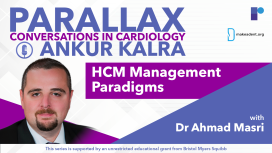
This series is supported by an unrestricted educational grant from Bristol Myers Squibb. Please see www.camzyosrems.com for important safety information.
This content is intended for US-based physicians.
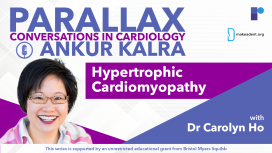
This series is supported by an unrestricted educational grant from Bristol Myers Squibb. Please see www.camzyosrems.com for important safety information.
This content is intended for US-based physicians.
